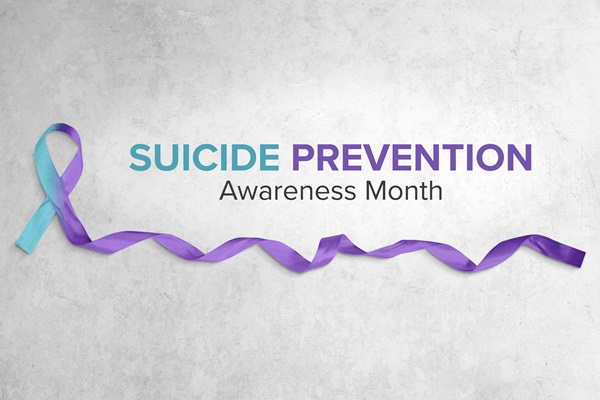Funding Deficit Puts Texas Suicide Hotline at Risk

As we’ve discussed before, the 988 National Suicide Prevention Lifeline plays a critical role in the continuum of care needed to prevent deaths by suicide. 988 provides immediate help to people at immediate risk of dying by suicide and refers them to appropriate resources for longer-term care and recovery. However, the Lifeline only works if someone is there to pick up the phone every time someone calls.
We feel a deep concern that, in our own state of Texas, there hasn’t been sufficient allocation of resources to maintain a fully staffed Lifeline. As the Texas Tribune recently reported, a $7 million funding deficit has led to thousands of abandoned calls—and abandoning Lifeline calls can literally be a matter of life and death.
Limited funding in Texas leaves thousands of calls transferred out of state
Because of the lack of resources allocated to the Texas call centers, over 15% of Lifeline calls are routed to out-of-state call centers that serve as backups. While the backup system is necessary, overusing it is a huge problem: the more a caller is transferred in and out of state, the more likely that caller will hang up instead of reaching a crisis counselor. That’s why the national 988 administrator has set a benchmark for 90% of calls to be answered in-state; Texas falls well short of that standard.
While call centers do manage to answer over 80% of calls, the rates of response to text messages are much lower. At the Houston crisis center, for example, staff were only able to respond to 335 of the over 7,000 texts received last September, according to the Texas Tribune article. The remainder were handled by backup centers.
According to the 988 administrators, running Texas’s five call centers would cost $21 million; however, the state has only allocated $14 million, leaving staff stretched quite thin. And the funding situation is on track to get much worse: right now, the call centers are paid for by federal funding that will run out in 2026, and the state government has not taken action to fill in the gap, either by allowing Medicaid to pay for 988 services or by setting up a trust fund.
Policymakers and healthcare providers need to prioritize suicide prevention
It’s absolutely imperative that more resources be allocated to the 988 Lifeline, both in Texas and other struggling states across the country. Contrary to popular opinion, suicidal urges don’t last forever; they will pass in time, and intervention in the moment when someone is most vulnerable can make all the difference. A fully staffed, fully funded 988 Lifeline has a critical role to play in suicide prevention. So, too, do investments in mental health and suicide prevention throughout the healthcare system.
We are committed to preventing deaths by suicide by fighting for accountability in the healthcare system and justice for families of victims.
If you have lost a loved one to suicide completion, we would be honored to listen to your story and explain your options. Contact the Law Offices of Skip Simpson for a free, confidential consultation. We’re based in Texas and represent families nationwide.













